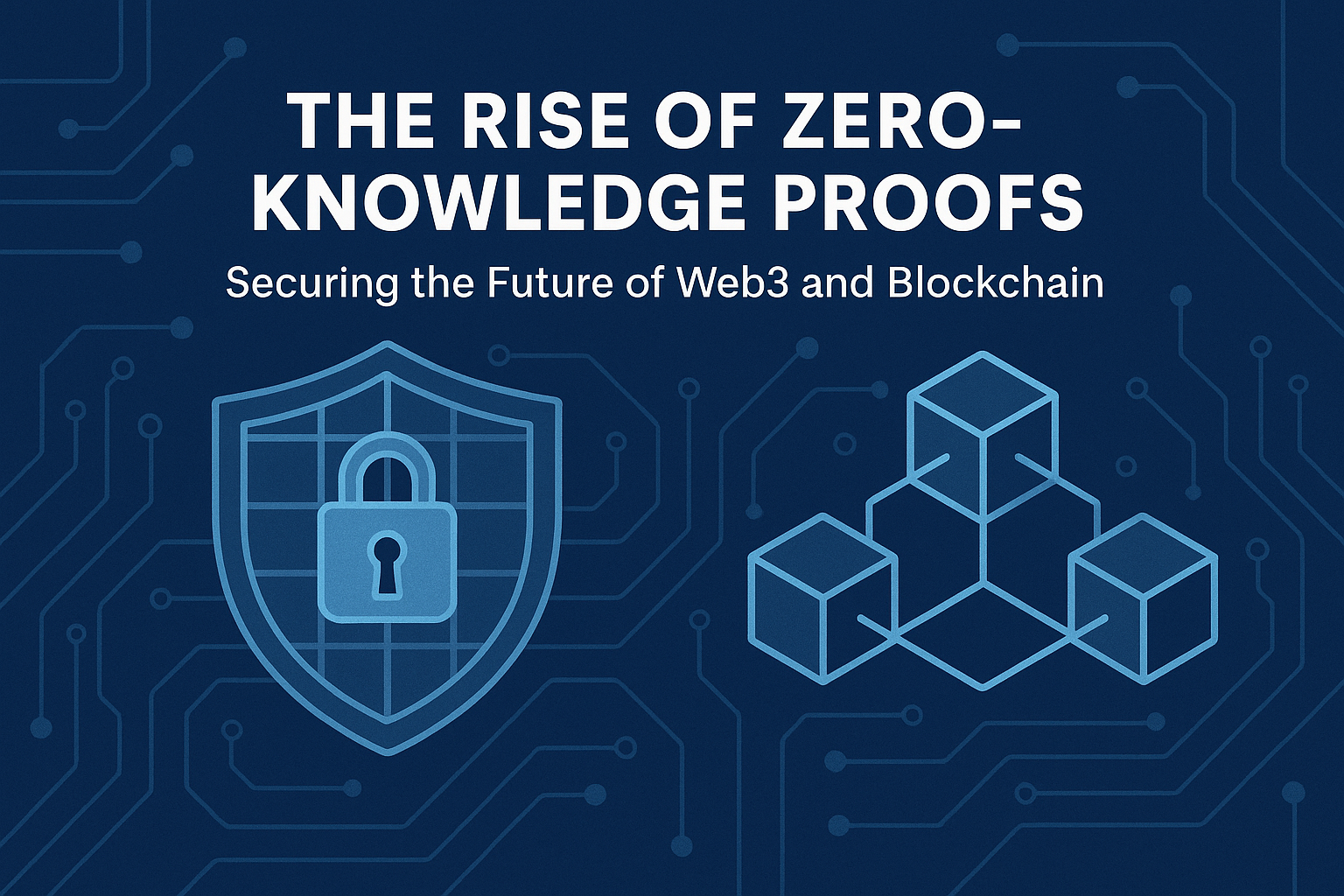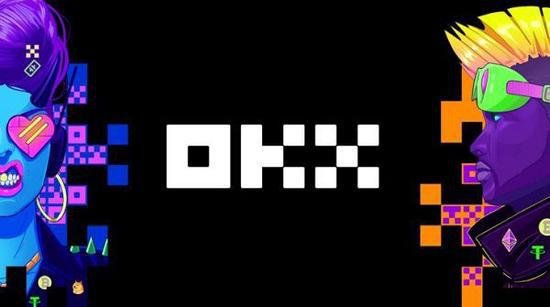
Introduction: Blockchain security is more critical than ever. As decentralized systems and Web3 technology evolve, so do the threats targeting them. In this fast-changing digital era, zero-knowledge proofs (ZKPs) have emerged as a game-changing solution to enhance blockchain security while maintaining user privacy and scalability. This article explores why ZKPs matter, how they work, and their future role in Web3 ecosystems.
1. Overview of the Topic: Zero-knowledge proofs are cryptographic methods that allow one party to prove to another that a statement is true, without revealing any underlying information.
Historical Context: First proposed in the 1980s, ZKPs were mostly theoretical until recent blockchain innovations made them practical.
Current Trends: ZKPs are now at the core of leading blockchain projects like zkSync, StarkNet, Polygon zkEVM, and Mina Protocol. They are used to reduce data load, enable faster transactions, and secure sensitive user data.
Future Outlook: As Web3 expands, ZKPs are poised to become standard in privacy-first decentralized apps.
2. Impact on Blockchain Security: ZKPs enhance blockchain security in multiple ways:
-
User Data Protection: ZKPs prevent the exposure of sensitive data during transactions.
-
Smart Contract Verification: They ensure contract execution without revealing logic or data.
-
Access Control: Users can prove eligibility (e.g., age or token ownership) without doxxing.
Case Study: Tornado Cash, a privacy mixer, uses ZKPs to obfuscate transaction trails. Despite legal challenges, the technology's privacy implications are powerful.
3. How It Works (Deep Dive): At a high level, ZKPs rely on mathematical techniques like elliptic curve cryptography and polynomial commitments. Two major implementations:
-
zk-SNARKs (Succinct Non-Interactive Arguments of Knowledge): Lightweight proofs, fast to verify, used in Zcash.
-
zk-STARKs (Scalable Transparent Arguments of Knowledge): More scalable and transparent, used in StarkNet.
Simplified Flow:
-
Prover creates a statement (e.g., "I have 1 ETH").
-
ZKP algorithm generates a cryptographic proof.
-
Verifier checks the proof without seeing the actual ETH.
4. Trends and Developments:
-
ZK-Rollups: Layer 2 scaling solutions using ZKPs to batch transactions efficiently.
-
Decentralized Identity (DID): ZKPs are powering self-sovereign ID systems.
-
Privacy Coins & Protocols: Growing demand for privacy-focused assets.
Security Evolution: Traditional blockchain models exposed all on-chain data. ZKPs flip this model, enhancing both privacy and scalability.
5. Future Implications: ZKPs could unlock:
-
Mass Web3 Adoption: More privacy = more users.
-
Enterprise Integration: Financial institutions can embrace blockchain with ZKP compliance.
-
Secure Voting & Governance: Decentralized systems could verify participation without identity leaks.
Research Frontiers: Recursive ZKPs (proofs of proofs), hardware-accelerated ZKPs, and hybrid AI + ZKP models.
Conclusion: Zero-knowledge proofs are not just a technical novelty—they are a necessity for the secure and scalable future of blockchain and Web3 technology. As more projects adopt this approach, expect an internet where users control their data, developers build trustless apps, and security is baked in at the protocol level. Stay ahead of blockchain trends and make ZKPs part of your Web3 learning journey.




评论 (0)